The Unbelievable Benefits of Reishi Mushroom: Inflammation, Immunity, Allergies and Stress
Reishi is a type of medicinal mushroom that has been used in traditional Chinese medicine for thousands of years. Recently, modern science has begun to investigate the incredible health benefits of these fungi, and the results are nothing short of remarkable. Reishi mushroom has been shown to have powerful anti-inflammatory and immune-boosting properties, as well as the ability to reduce allergies and stress. In addition, they have also been linked to increased energy, better sleep, and improved cognitive function. In this article, we’ll explore the unbelievable benefits of reishi mushrooms and how they can help you live a healthier, happier life.
Blog Contents
What is Reishi Mushroom?
Reishi mushroom, or Ganoderma Lucidum, is a type of medicinal mushroom that has been used in traditional Chinese medicine for over 2,000 years. The primary active components of this fungus are ganoderic acids and triterpenes, which are responsible for its anti-inflammatory, immune-boosting and anti-allergy effects. Reishi mushrooms also contain polysaccharides, which stimulate the immune system and help regulate blood sugar levels. In addition to these active compounds, reishi also contains beta-glucans and other antioxidants which can help reduce oxidative stress in the body.
Medicinal Properties of Reishi Mushroom
Reishi mushrooms are packed with antioxidants, which help to reduce inflammation throughout the body. This can boost immunity and help protect against a wide range of illnesses. In addition, studies have shown that reishi mushrooms possess powerful anti-allergy properties, making them ideal for people suffering from seasonal allergies or asthma. Reishi mushrooms also contain compounds that help to reduce stress and anxiety. These compounds interact with the body’s natural stress response system, allowing us to remain calm even in difficult situations. Finally, reishi mushrooms are an excellent source of energy-boosting B vitamins, as well as minerals such as iron, zinc and selenium. Altogether, this makes Reishi one of the most powerful medicinal mushrooms in existence!
Reishi Mushroom and Inflammation
One of the most impressive benefits of reishi mushrooms is their powerful anti-inflammatory properties. According to numerous studies, compounds in reishi mushrooms have been shown to reduce inflammation in the body. Inflammation is a major cause of many chronic diseases and conditions, such as arthritis, diabetes, heart disease, and Alzheimer’s. By reducing inflammation in the body, reishi mushrooms can help prevent these ailments from occurring. Additionally, they can also help alleviate existing symptoms of inflammation-related health conditions. Reishi mushrooms are also known for their immune-boosting powers. Studies show that these fungi contain compounds that can activate certain immune cells, allowing the body to fight off infection and disease more effectively. They may also be able to reduce allergies by helping to regulate an overactive immune system. Finally, reishi mushrooms are believed to have stress-relieving properties as well. This is due to their ability to boost serotonin levels in the brain, which helps promote relaxation and improved mood.
Reishi Mushroom and Immunity
One of the most impressive benefits of reishi mushrooms is their ability to boost immunity. Studies have shown that reishi mushroom extract can increase white blood cell count, which is an important factor in immune system health. In addition, this extract has also been found to reduce inflammation and inhibit the growth of certain bacteria. This makes it an ideal supplement for people who suffer from frequent colds or infections or have weakened immune systems due to chronic diseases like cancer. Furthermore, reishi mushrooms are rich in antioxidants, which help protect your cells from damage caused by free radicals, thus boosting your overall health.
Reishi Mushroom and Allergies
One of the most impressive benefits of reishi mushroom is its ability to reduce allergies and inflammation. Studies have found that reishi mushrooms can inhibit the release of histamine, a chemical that is responsible for many allergy symptoms. By inhibiting the release of this chemical, reishi mushrooms can provide relief from the sneezing, watery eyes, and nasal congestion associated with allergies. In addition to this, reishi mushrooms have also been shown to reduce inflammation in the body which can help improve overall health and well-being. Reishi mushrooms are also believed to be beneficial for those suffering from asthma due to their anti-inflammatory properties. The best way to reap the benefits of reishi is to take it in supplement form, though it can also be brewed into teas or added to food recipes.
Reishi Mushroom and Stress
One of the most impressive benefits of reishi mushrooms is their ability to reduce stress. This is due to the presence of triterpenes, which are active compounds that interact with receptors in your brain to reduce cortisol levels and improve mood. In a study on rats, researchers found that reishi mushroom extract was able to reduce anxiety-like behavior and improve symptoms of depression. The same study also found that the extract was able to regulate hormones like serotonin and dopamine, offering further evidence for its powerful effects on mental health. Additionally, reishi mushrooms have been linked to improved sleep quality and increased energy levels, which can help relieve stress even further.
Reishi Mushroom and Energy
Reishi mushrooms are known to be some of the most powerful and effective natural energy-boosters. They contain compounds called triterpenes, which have been shown to help regulate hormones and increase cellular energy production. Additionally, they can also help reduce fatigue and improve your overall endurance. This makes them especially beneficial for athletes and people who need to stay energized throughout the day. Reishi mushroom is also a great way for those with chronic fatigue syndrome (CFS) or adrenal fatigue to get their energy back and start feeling better again. Finally, reishi mushroom is rich in antioxidants that can help protect cells from free radical damage and oxidative stress, which further contributes to increased energy levels.
Reishi Mushroom and Sleep
One of the most interesting benefits of reishi mushroom is its ability to improve sleep. Many people struggle with insomnia, and reishi has been found to be an effective remedy. Studies have found that reishi can increase the amount of time spent in deep sleep, which is when our bodies do most of their repairing and restoring. This can lead to increased energy levels during the day, as well as improved moods and better overall health. Additionally, reishi can help reduce cortisol levels in the body, which is a hormone that is released when we are stressed or anxious. By reducing cortisol levels in the body, reishi can help us feel calmer and more relaxed, making it easier for us to get a good night’s rest.
Reishi Mushroom and Cognitive Function
One of the most remarkable aspects of reishi mushrooms is how they can enhance cognitive function. Research has shown that regular consumption of these fungi can improve mental clarity and focus, as well as reduce inflammation in the brain. This helps protect against age-related cognitive decline and can even help with conditions like Alzheimer’s disease. Reishi mushrooms are rich in polysaccharides, which are essential for proper brain function. Additionally, they also contain compounds like triterpenes, which have been linked to increased alertness and improved memory formation.
How to Take Reishi Mushroom
Reishi mushrooms are available in a variety of forms, such as tinctures, powder, and capsules. If you want to get the most out of the mushroom’s health benefits, it’s best to choose a product that contains mycelium, primordia, fruiting body, and extracellular compounds. Take reishi for at least two months on a regular basis. Mushroom growth medium is also critical for polysaccharide and triterpene content, a high-quality reishi supplement will be grown on a pure growing substrate such as white milo. Choosing a product with at least 15% guaranteed polysaccharide content will ensure maximum benefit and potency.
Mushroom growth medium is critical for polysaccharide and triterpene content. Choose a product with at least 15% guaranteed polysaccharides
A well-rounded reishi product will contain mycelium, primordia, fruiting body, and extracellular compounds
Take reishi for at least two months on a regular basis for measurable benefits
Article References
Ishihara K, Hirano T. IL-6 in autoimmune disease and chronic inflammatory proliferative disease. Cytokine & growth factor reviews. 2002 Aug 1;13(4-5):357-68.
Shacter E, Weitzman SA. Chronic inflammation and cancer. Oncology (Williston Park, NY). 2002 Feb 1;16(2):217-6.
Imam AP, Halpern GM. Uses, adverse effects of abuse of corticosteroids. Part I. Allergologia et immunopathologia. 1994 Nov 1;22(6):250-60.
Iddir, M., Brito, A., Dingeo, G., Fernandez Del Campo, S.S., Samouda, H., La Frano, M.R. and Bohn, T., 2020. Strengthening the immune system and reducing inflammation and oxidative stress through diet and nutrition: considerations during the COVID-19 crisis. Nutrients, 12(6), p.1562.
Vodovotz Y, Constantine G, Faeder J, Mi Q, Rubin J, Bartels J, Sarkar J, Squires Jr RH, Okonkwo DO, Gerlach J, Zamora R. Translational systems approaches to the biology of inflammation and healing. Immunopharmacology and immunotoxicology. 2010 Jun 1;32(2):181-95.
Maroon JC, Bost JW, Maroon A. Natural anti-inflammatory agents for pain relief. Surgical neurology international. 2010;1.
Elsayed EA, El Enshasy H, Wadaan MA, Aziz R. Mushrooms: a potential natural source of anti-inflammatory compounds for medical applications. Mediators of inflammation. 2014 Oct;2014.
Wasser SP. Reishi or ling zhi (Ganoderma lucidum). Encyclopedia of dietary supplements. 2005 Jan 1;1:603-22.
Lin Z. Ganoderma (Lingzhi) in traditional Chinese medicine and Chinese culture. Ganoderma and Health. 2019:1-3.
Wu YL, Han F, Luan SS, Ai R, Zhang P, Li H, Chen LX. Triterpenoids from Ganoderma lucidum and their potential anti-inflammatory effects. Journal of agricultural and food chemistry. 2019 Apr 17;67(18):5147-58.
Lin W, Yuhong W, Kechang Z. A Study on the effect of 5 kinds of Chinese traditional medicines on submerged fermentation of Ganoderma lucidum and its fermented broth on chronic bronchitis. Edible Fungi of China. 2004 Jan 1;23(5):39-41.
Powell M. The use of Ganoderma lucidum (Reishi) in the management of histamine-mediated allergic responses. Townsend Letter: The Examiner of Alternative Medicine. 2006 May 1(274):78-82.
Park YJ, Nam JY, Yoon DE, Kwon O, Kim HI, Yoo YB, Kong WS, Lee CS. Comparison of anti-inflammatory, antioxidant and anti-allergic effects of Ganoderma species mycelial extracts. Journal of Mushroom. 2013;11(2):111-5.
Bhardwaj N, Katyal P, K Sharma A. Suppression of inflammatory and allergic responses by pharmacologically potent fungus Ganoderma lucidum. Recent patents on inflammation & allergy drug discovery. 2014 May 1;8(2):104-17.
Jesenak M, Banovcin P, Rennerova Z, Majtan J. β-Glucans in the treatment and prevention of allergic diseases. Allergologia et immunopathologia. 2014 Mar 1;42(2):149-56
Saylam Kurtipek G, Ataseven A, Kurtipek E, Kucukosmanoglu İ, Toksoz MR. Resolution of cutaneous sarcoidosis following topical application of Ganoderma lucidum (reishi mushroom). Dermatology and Therapy. 2016 Mar;6(1):105-9.
Peirce JM, Alviña K. The role of inflammation and the gut microbiome in depression and anxiety. Journal of neuroscience research. 2019 Oct;97(10):1223-41.




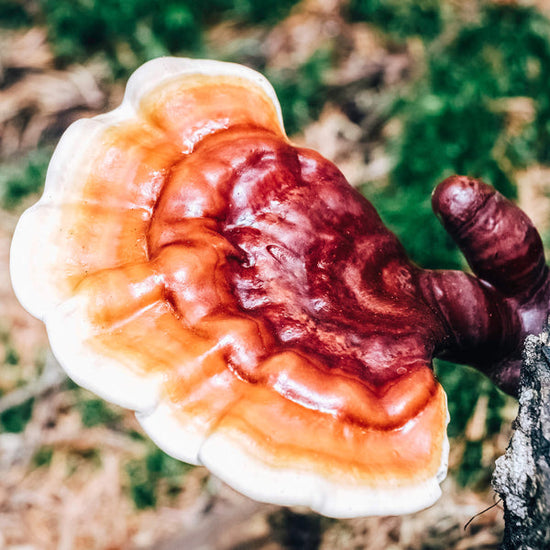



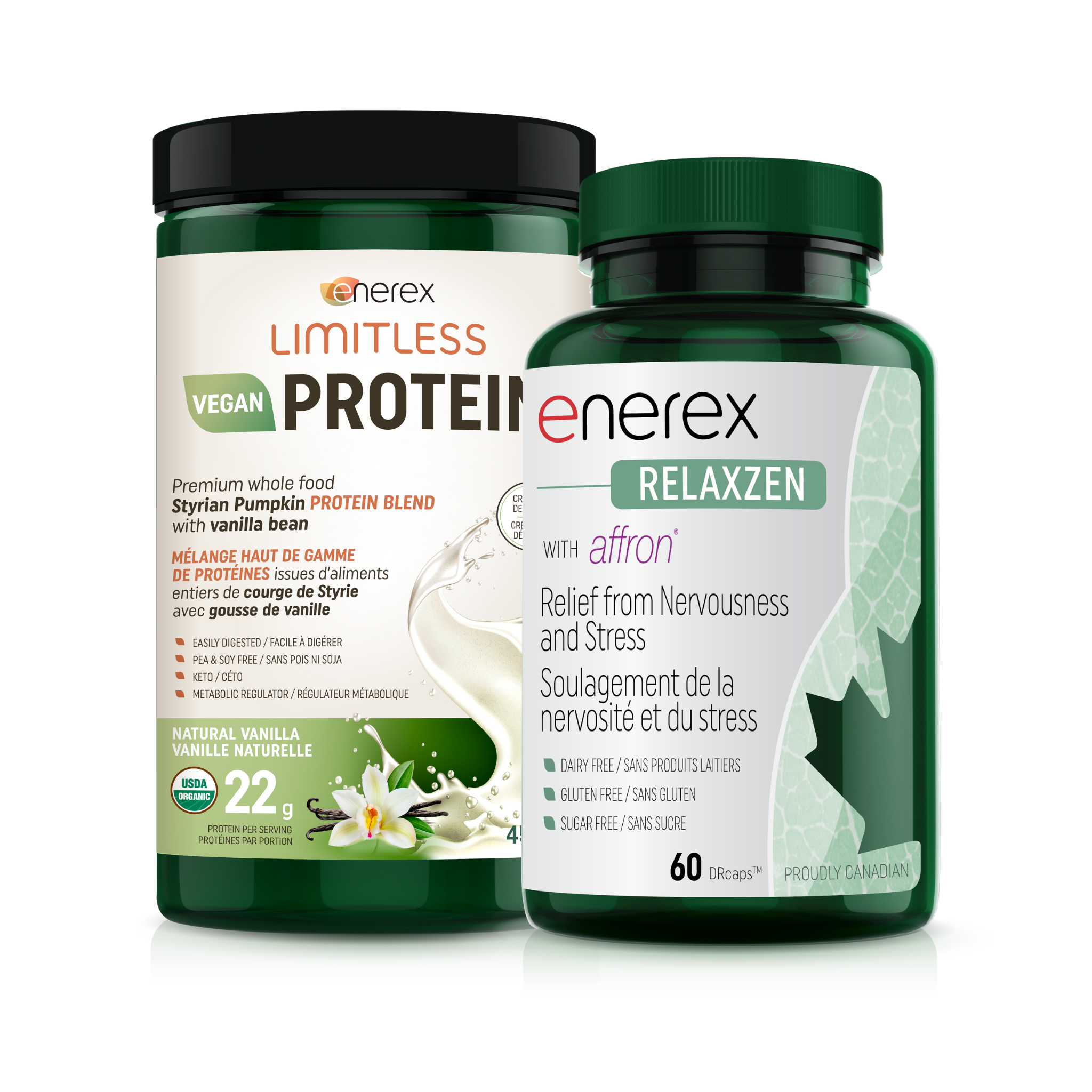
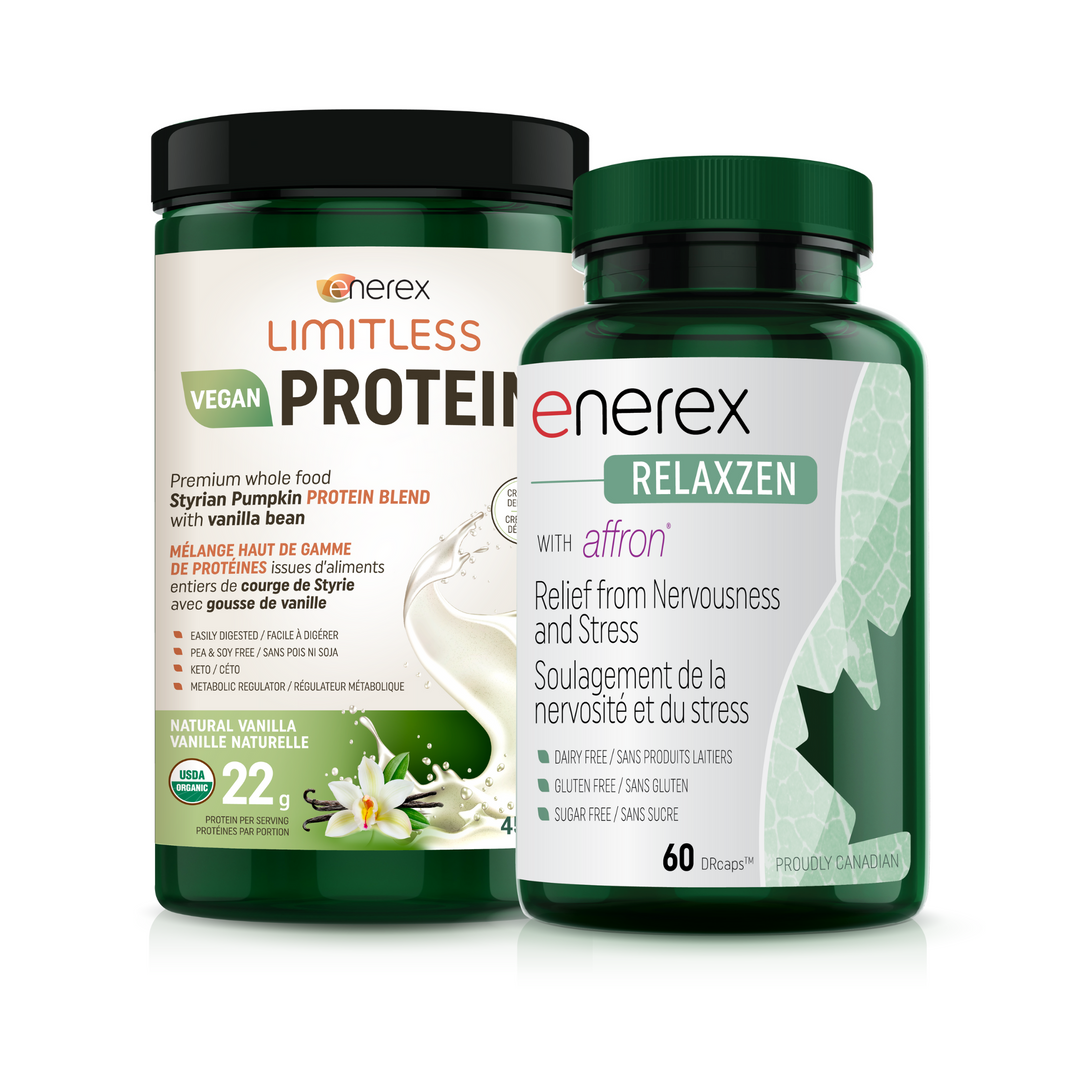
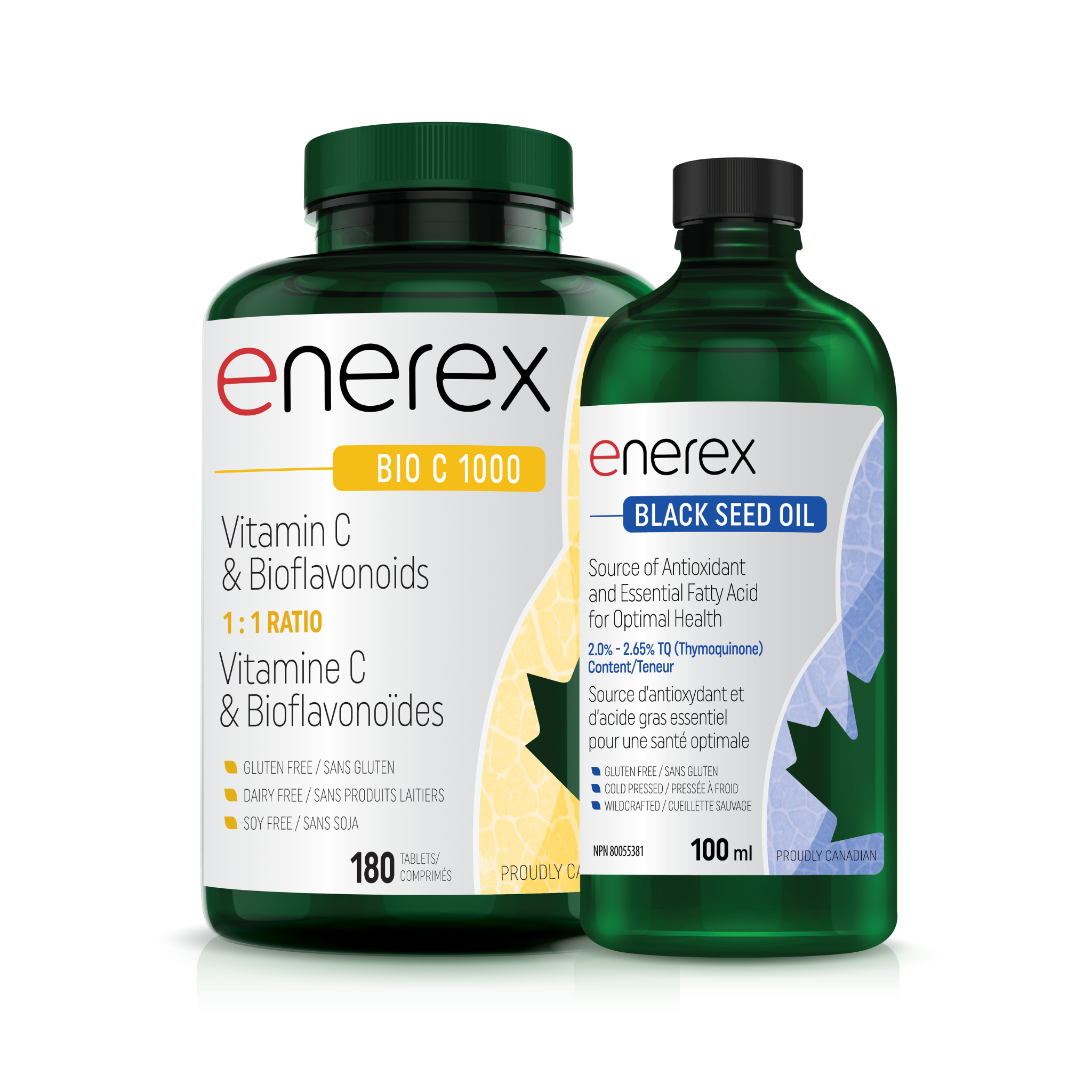
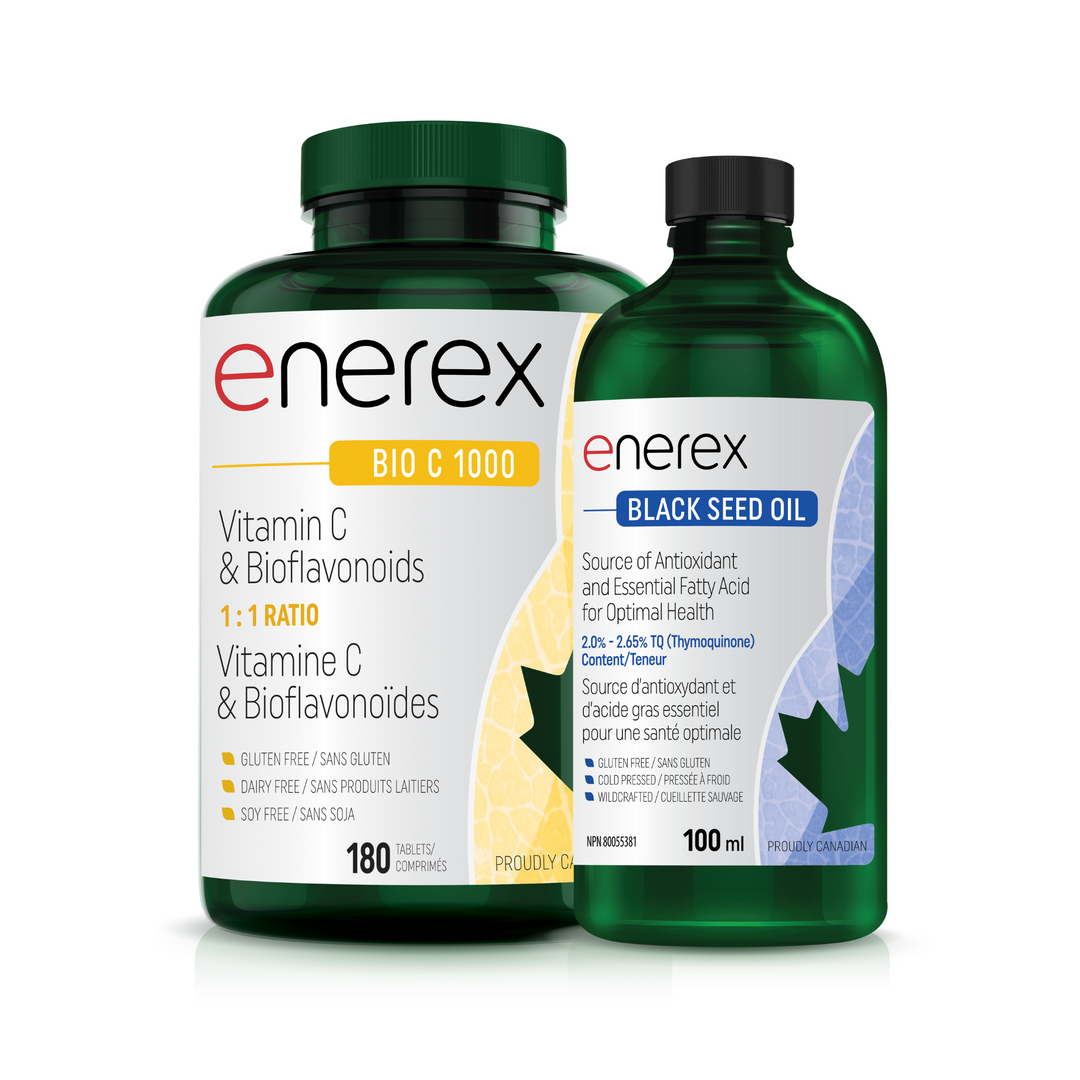
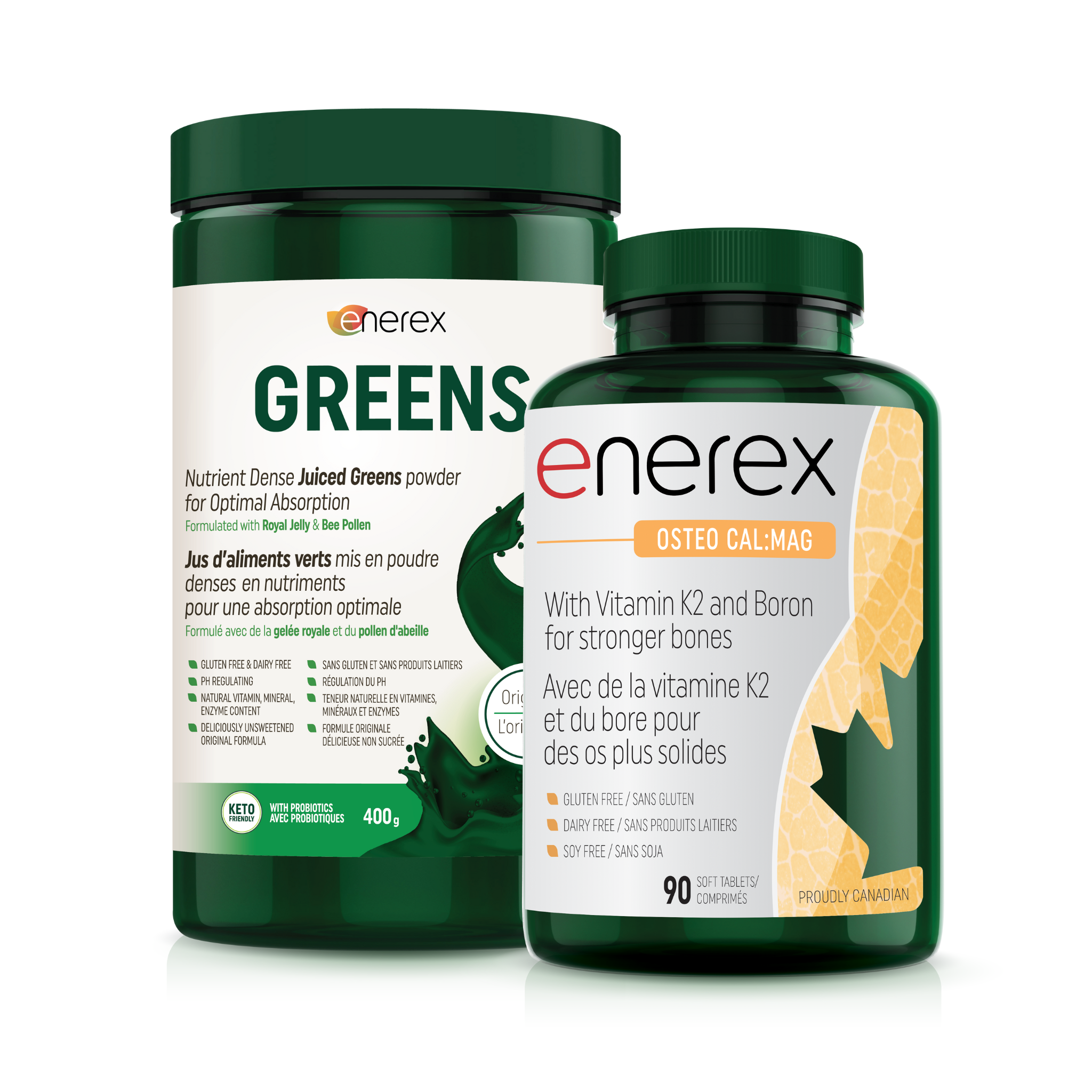
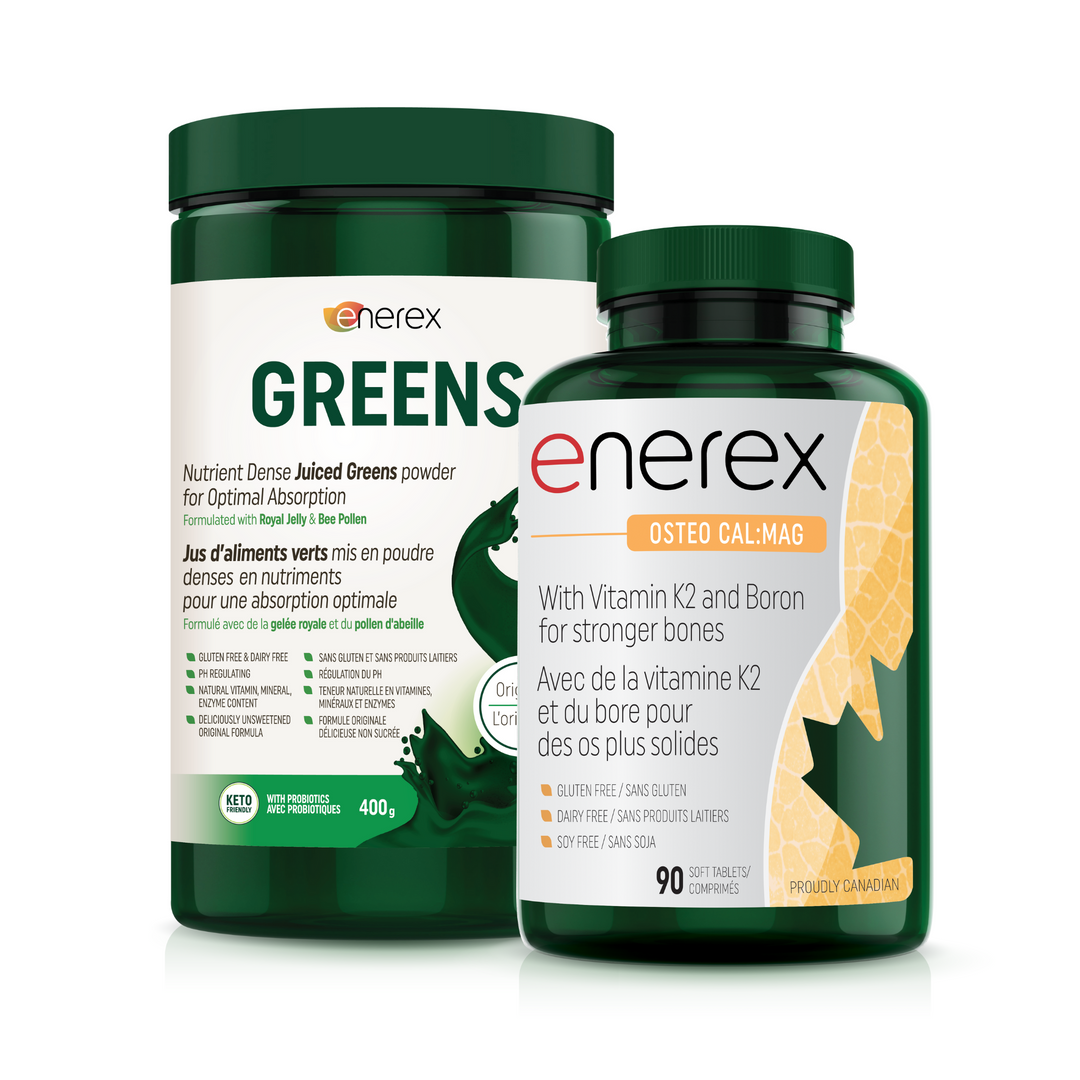
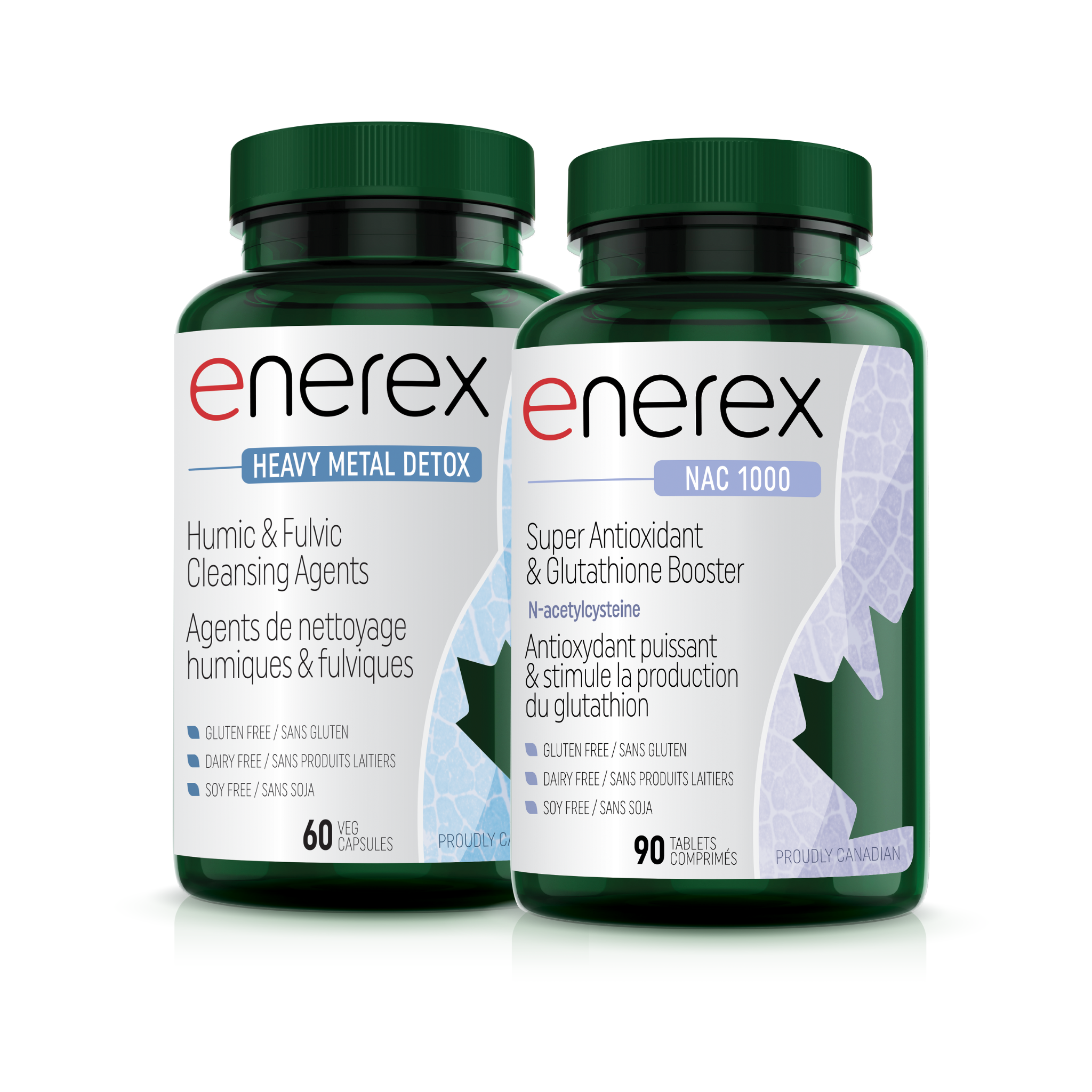
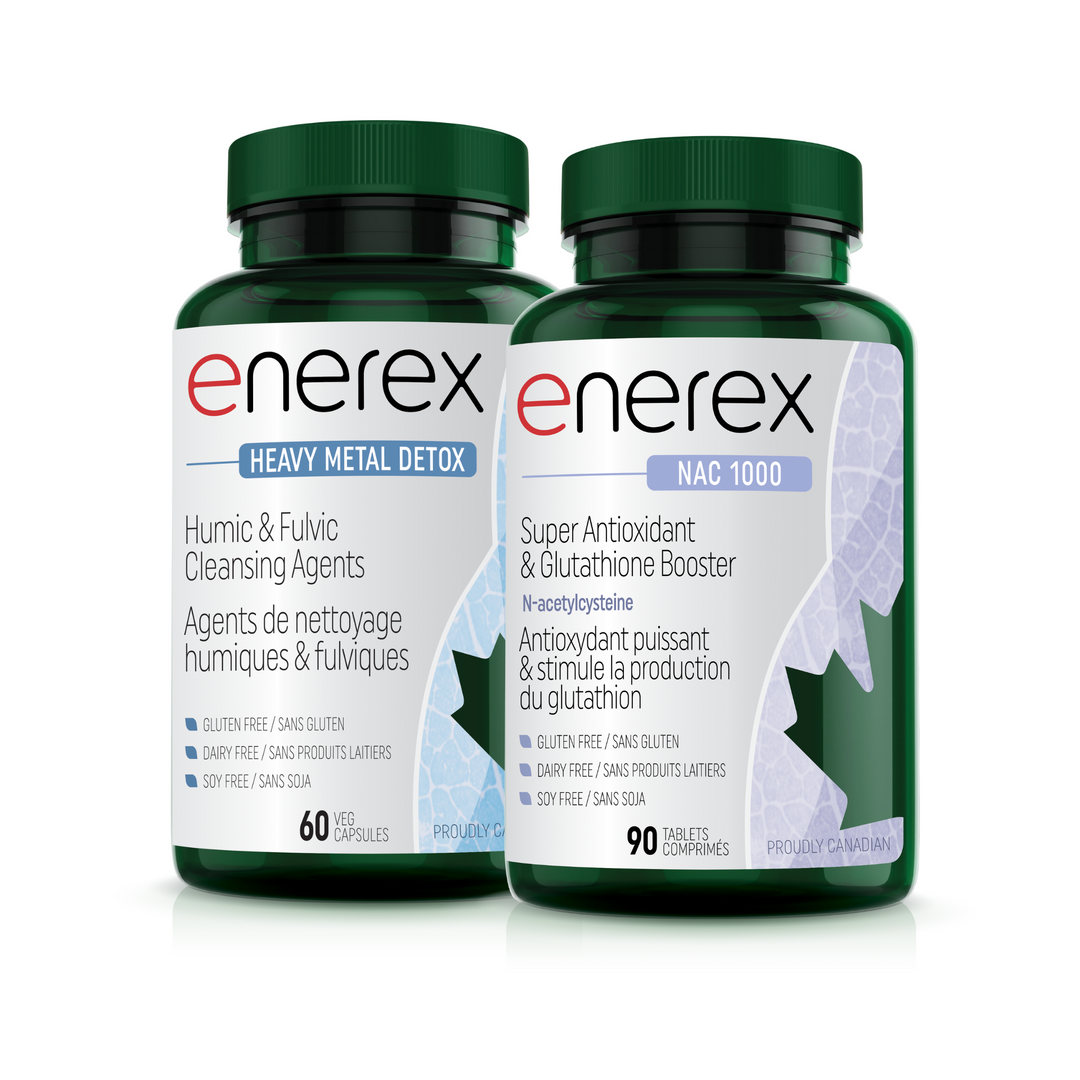
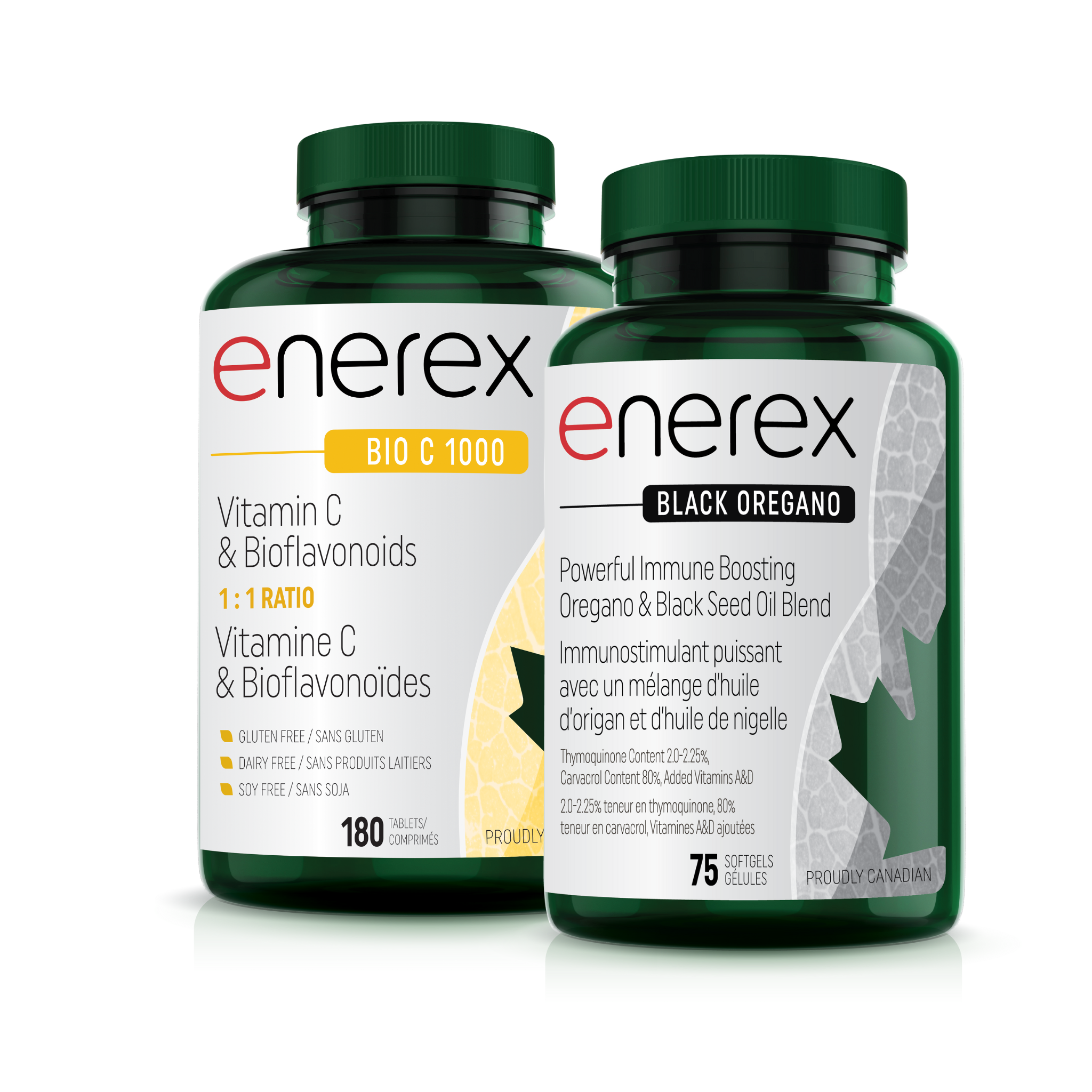
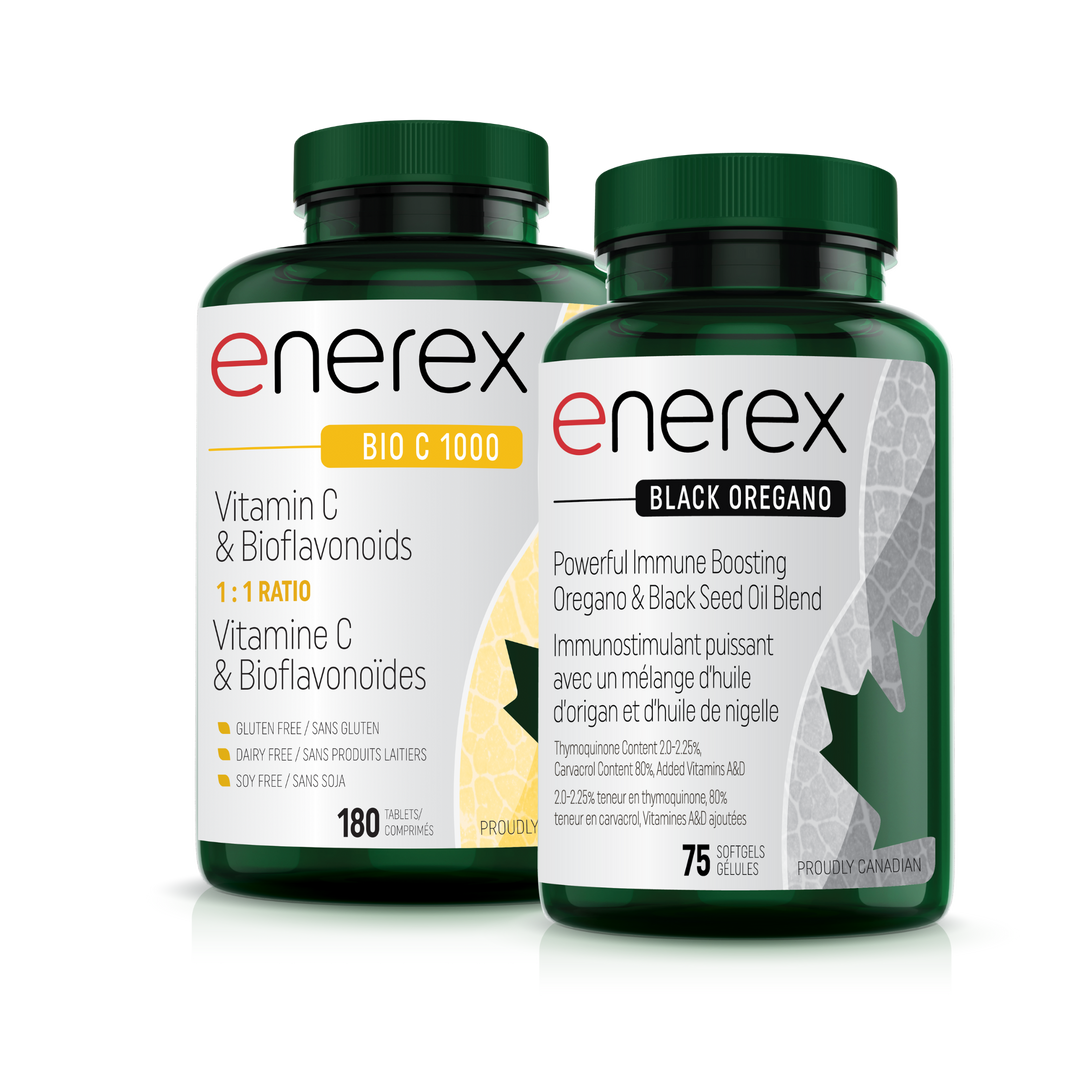
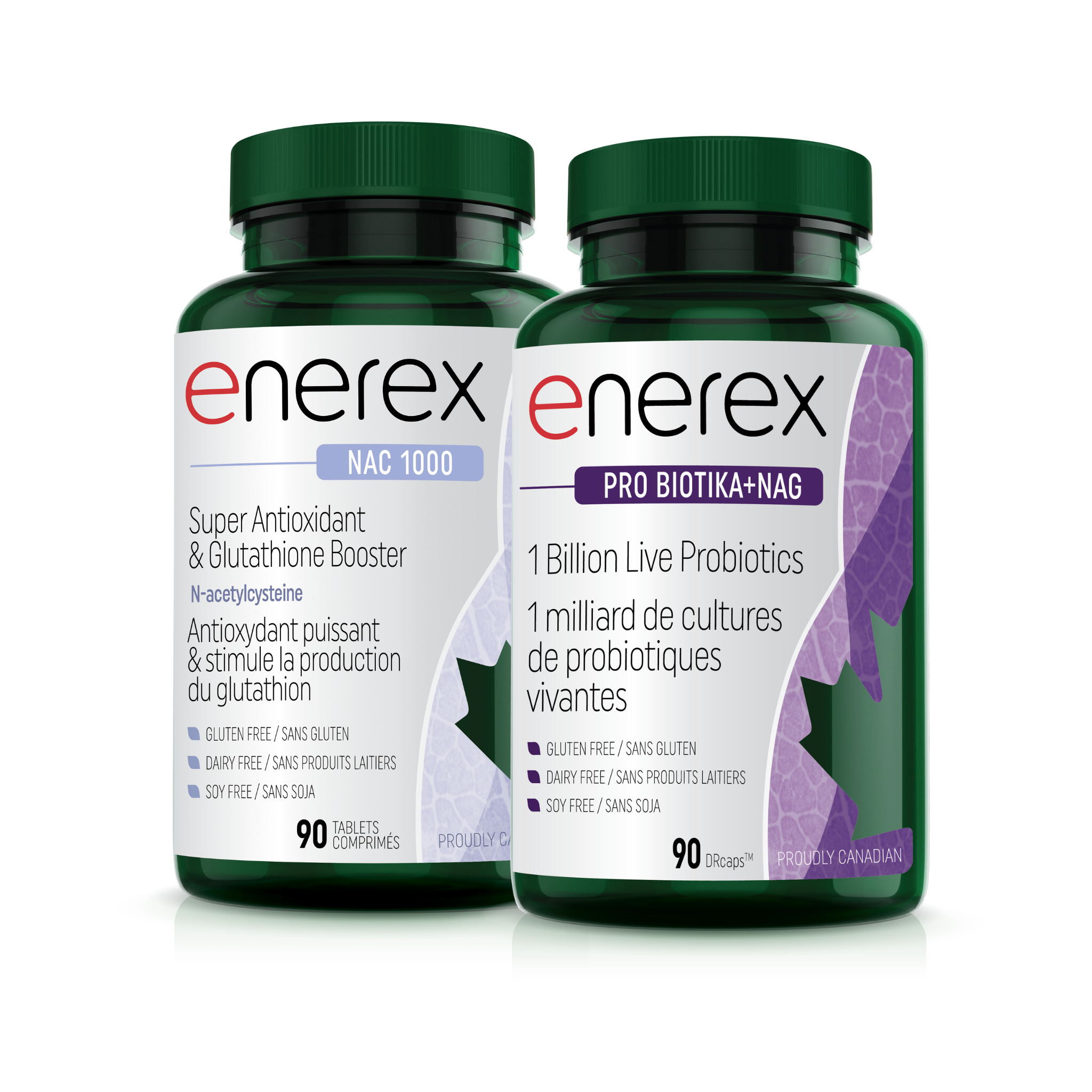
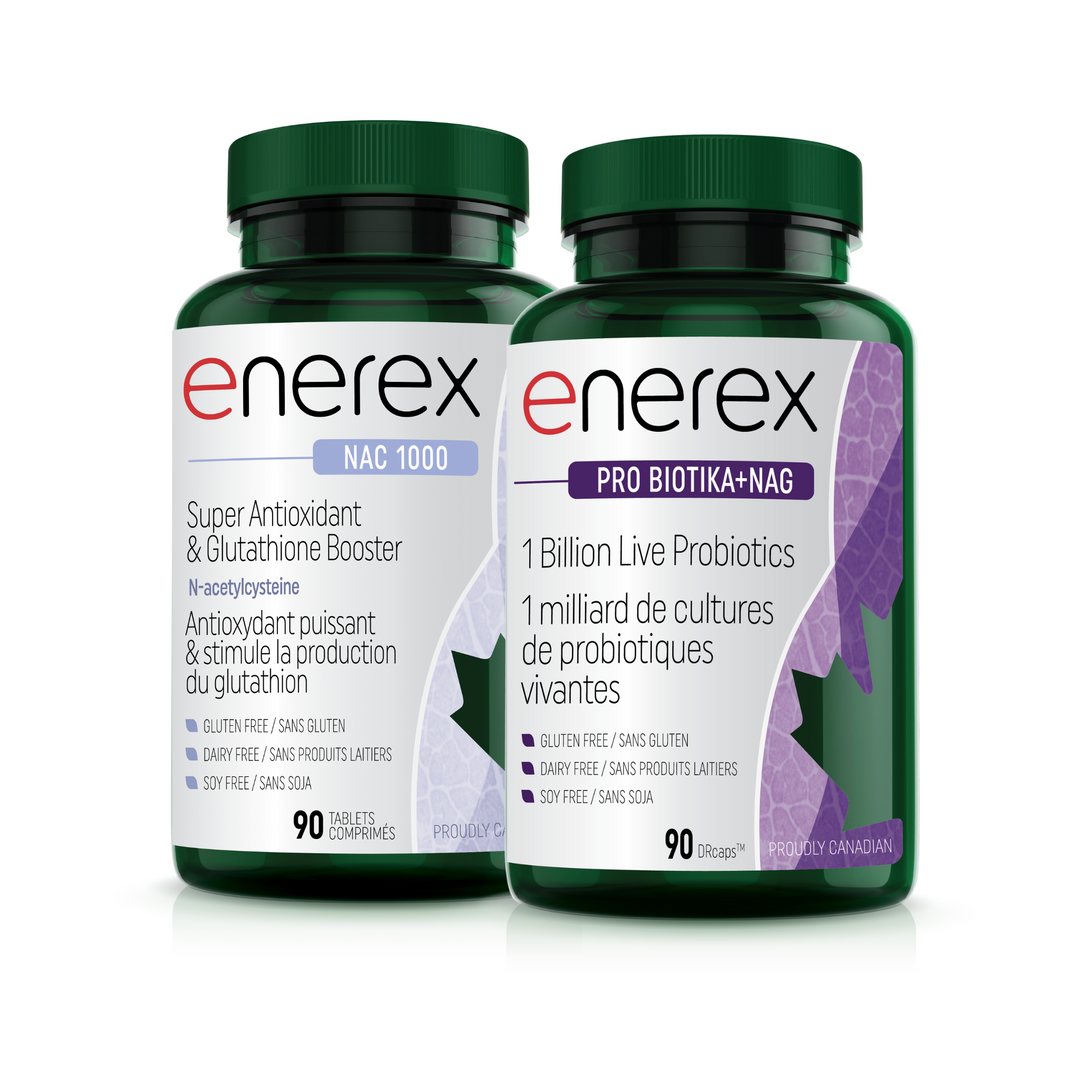
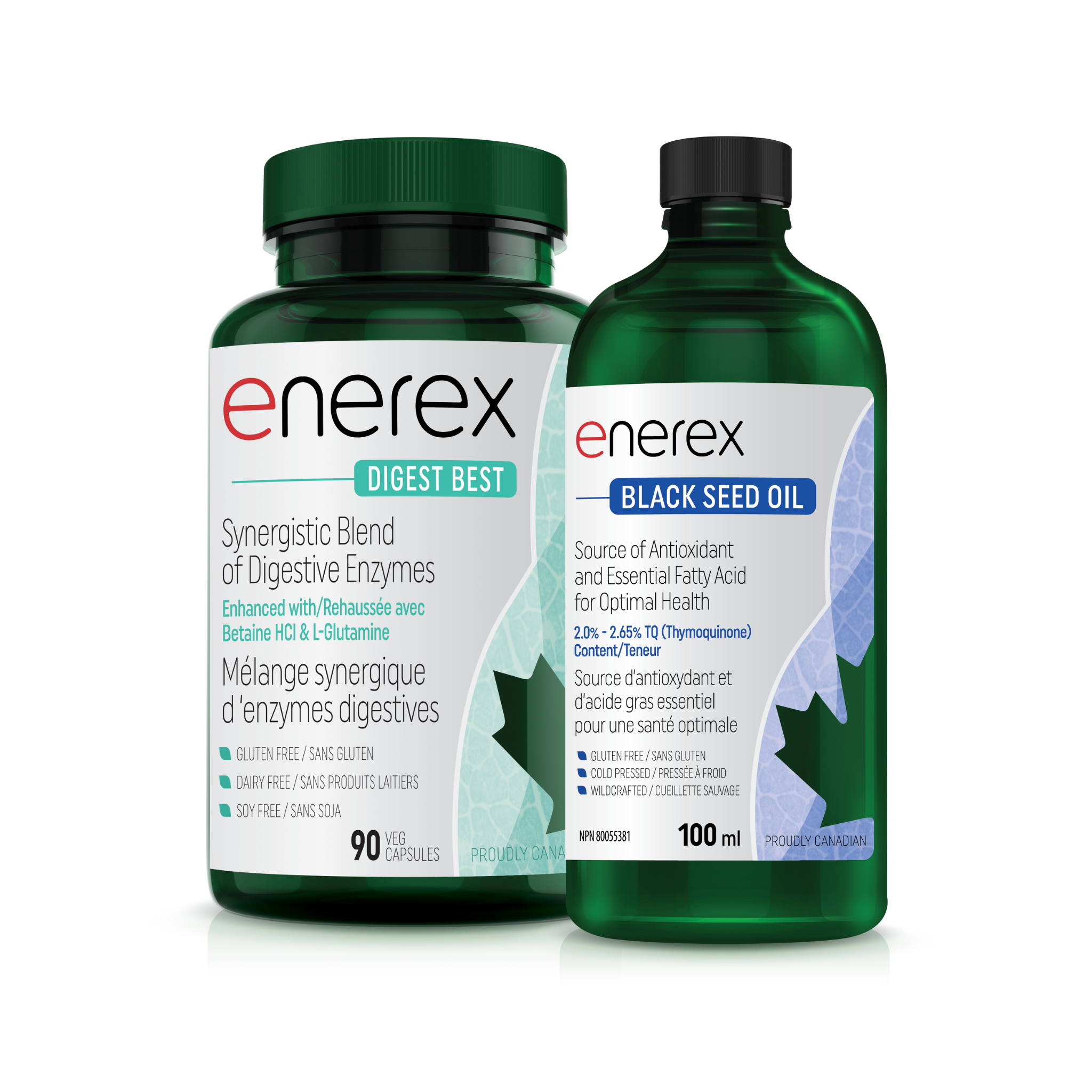
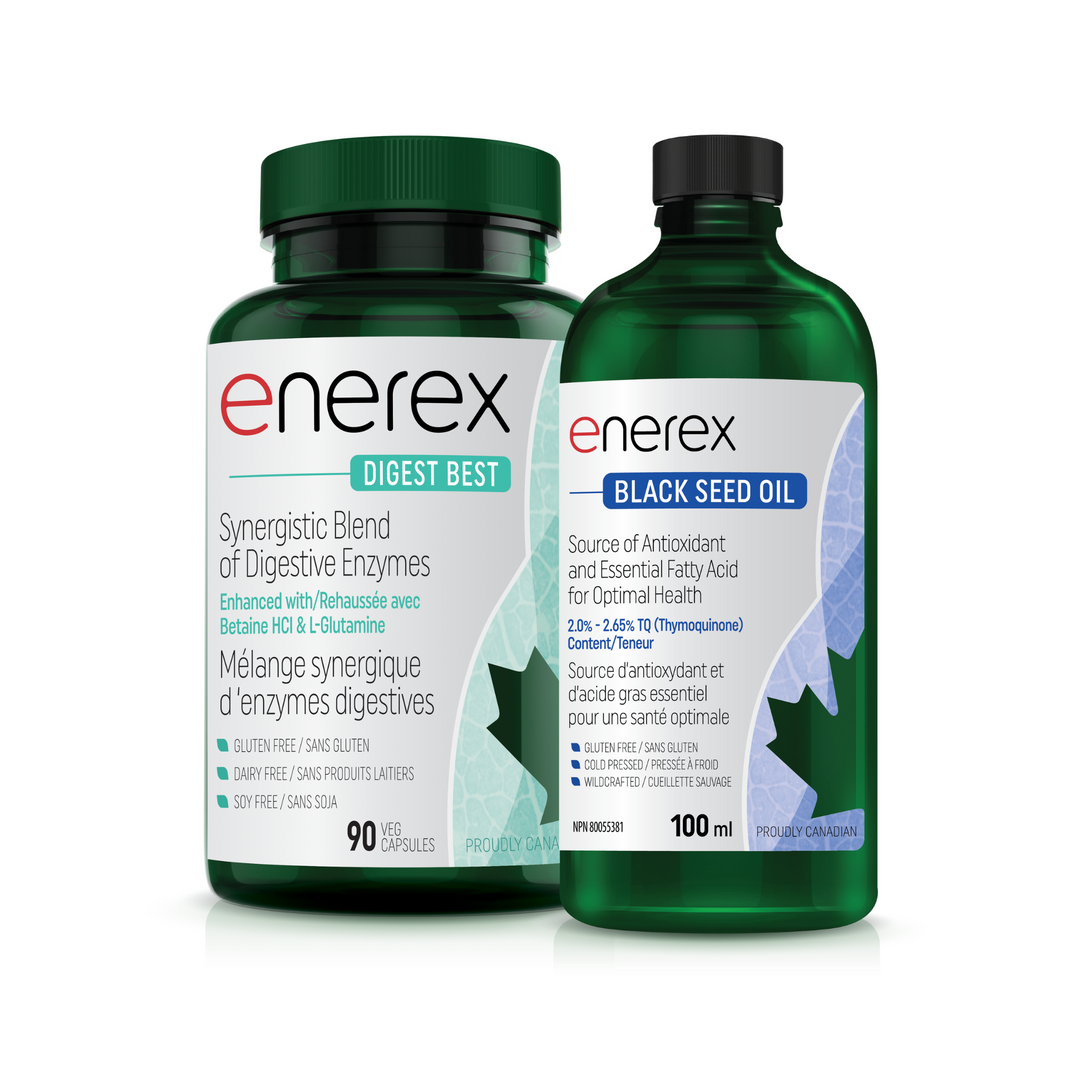
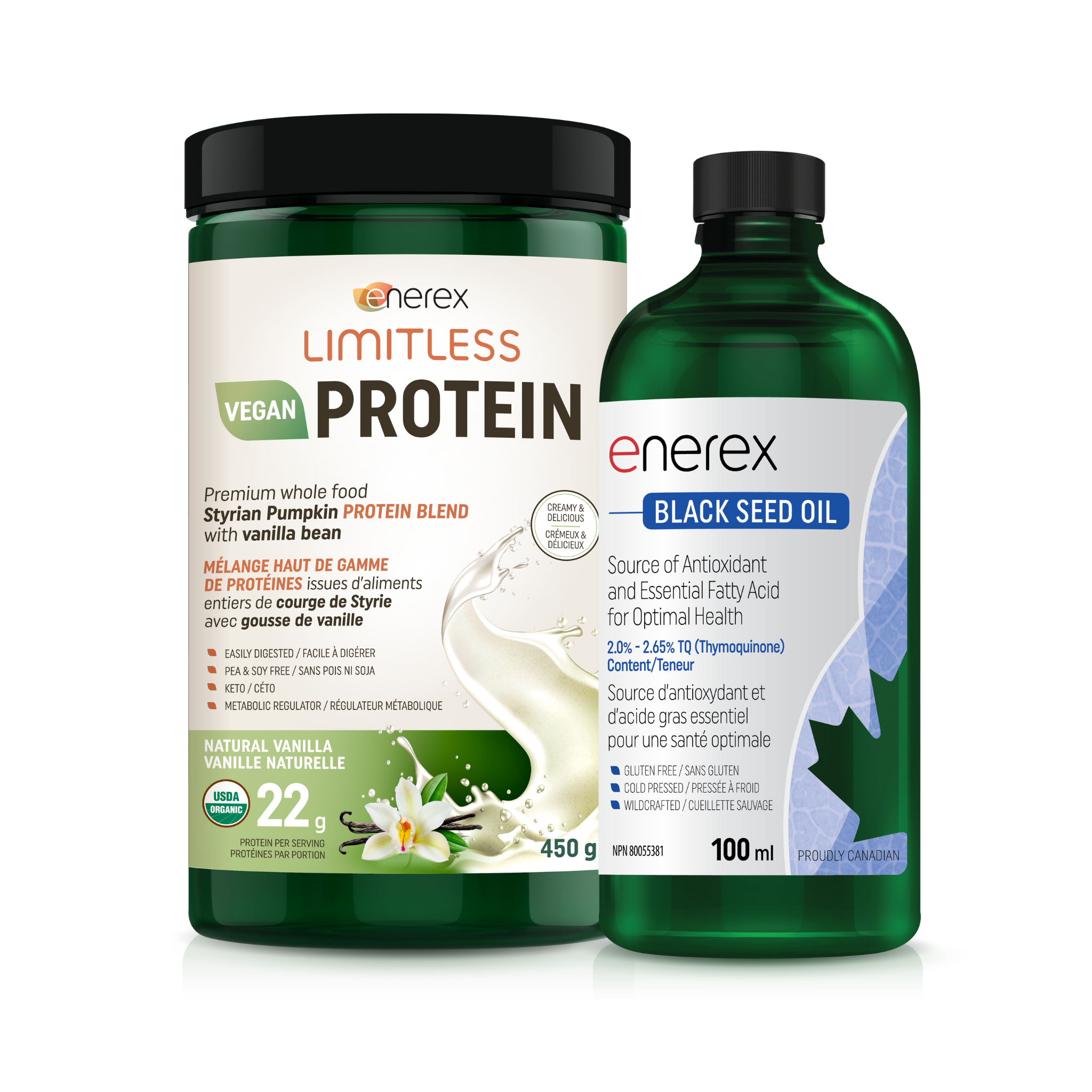
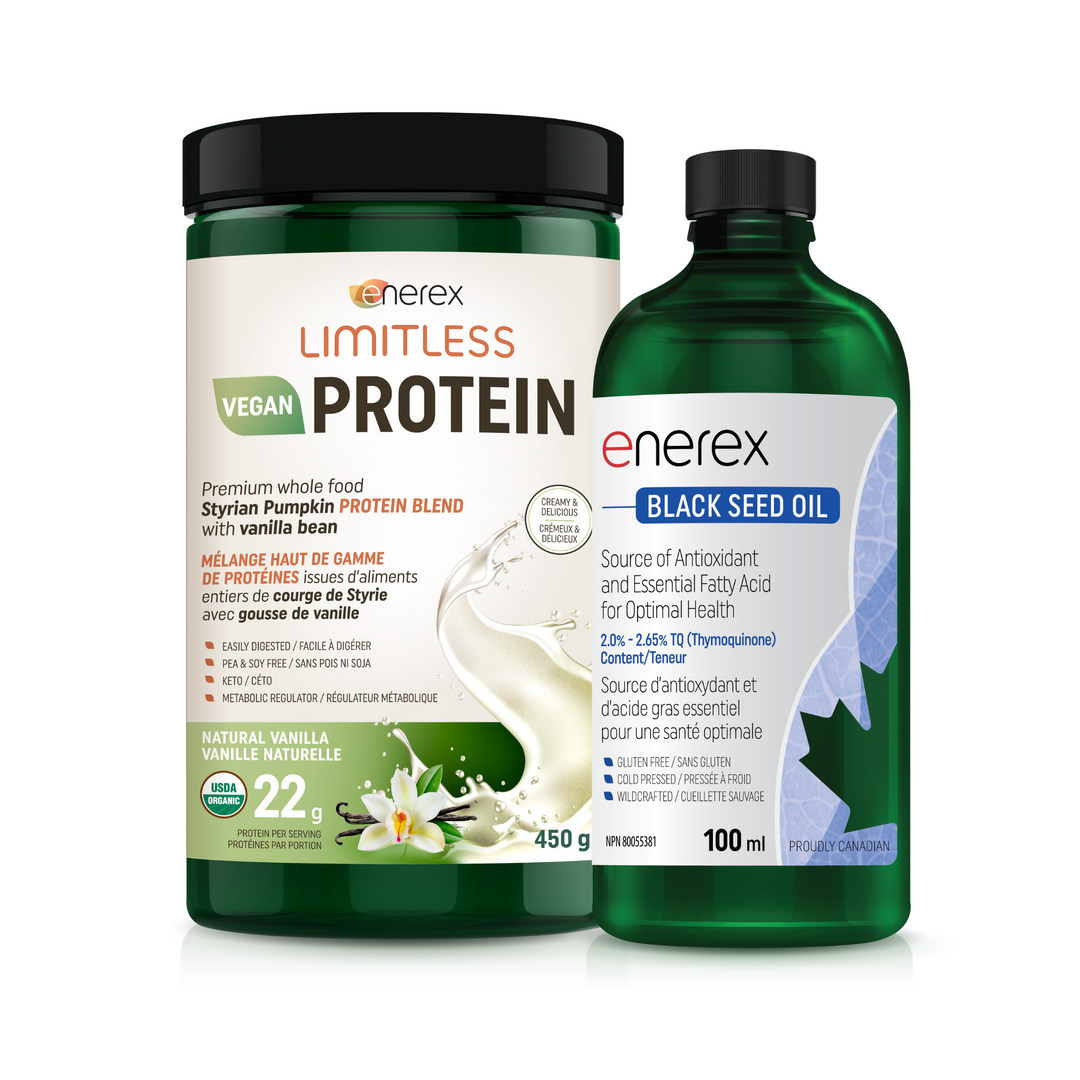
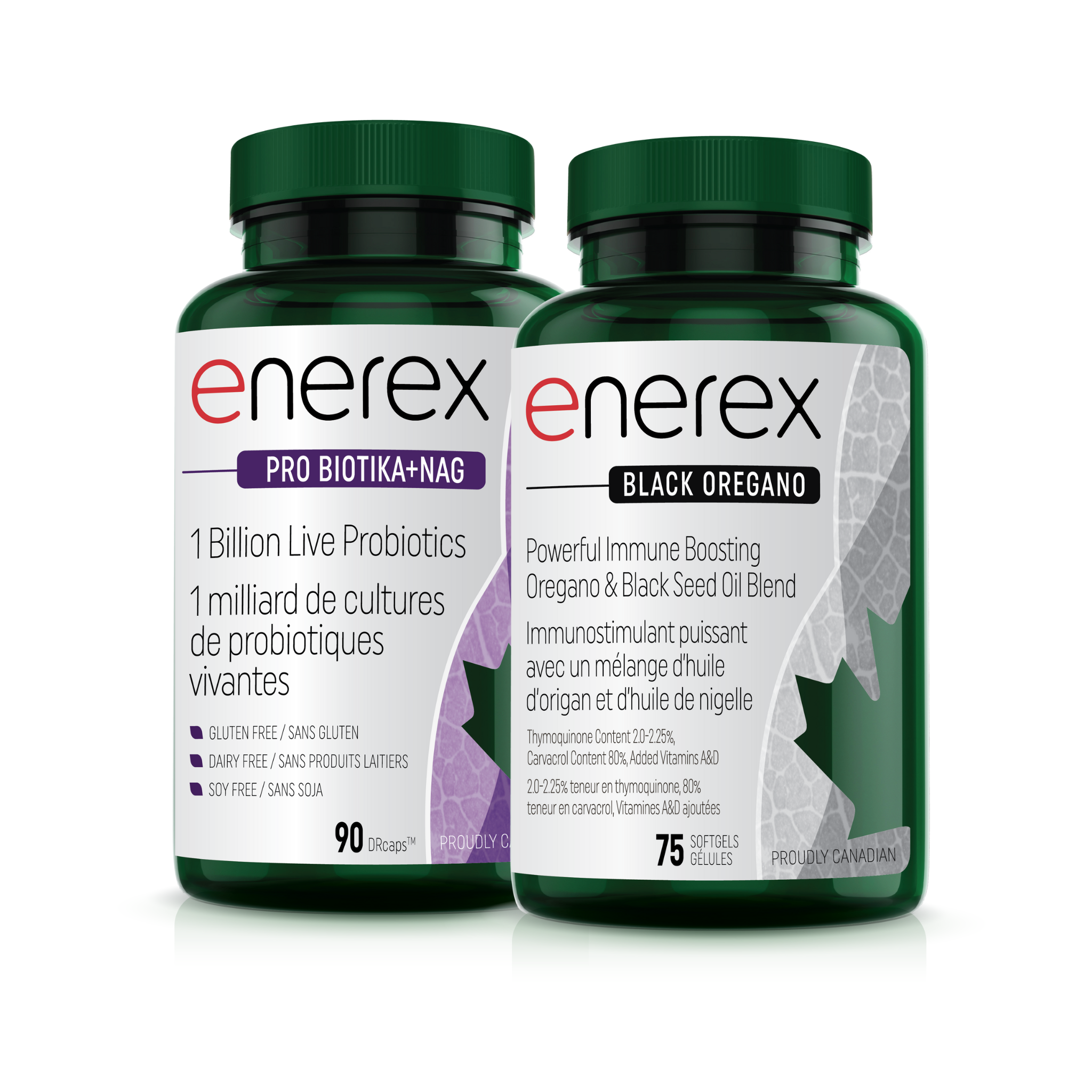
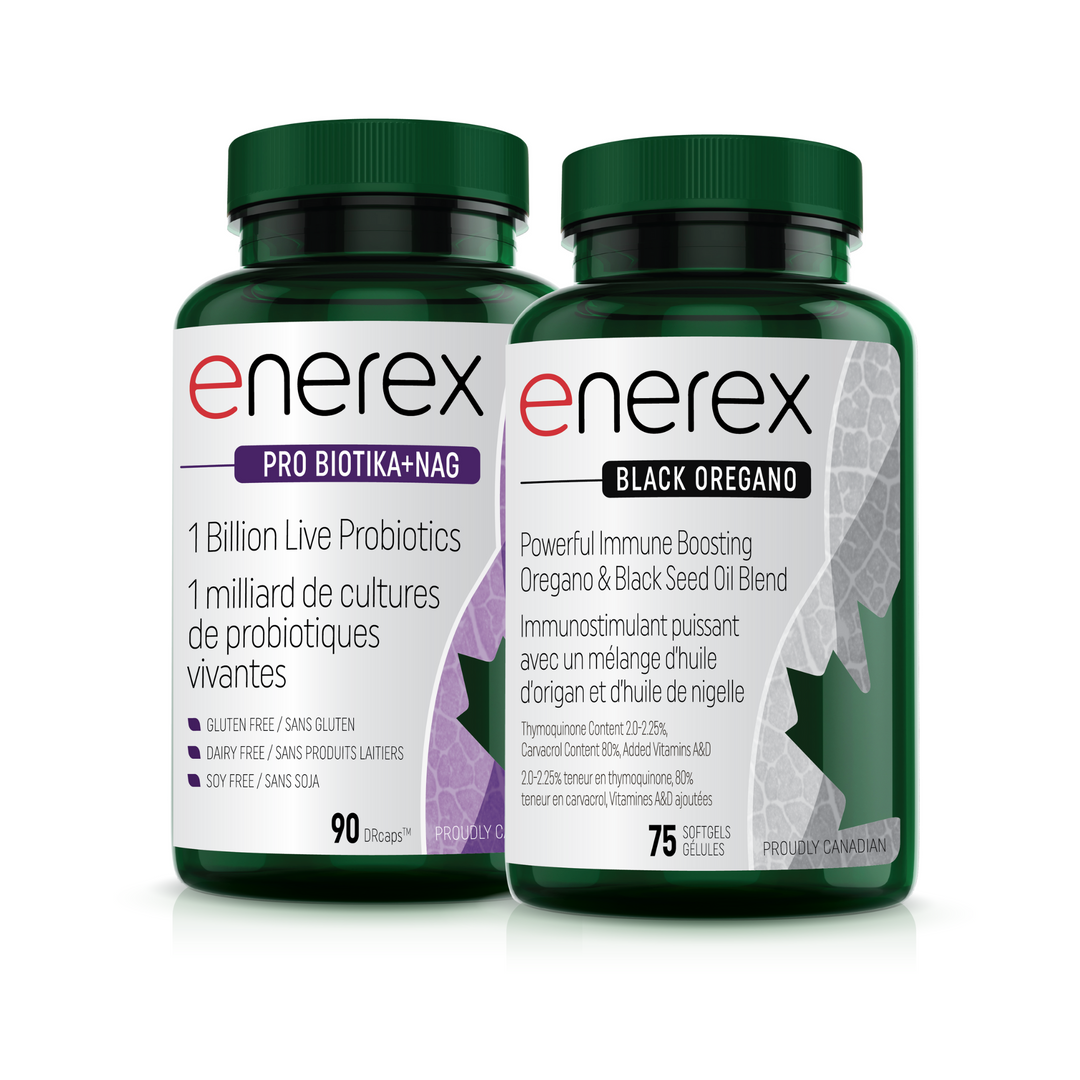
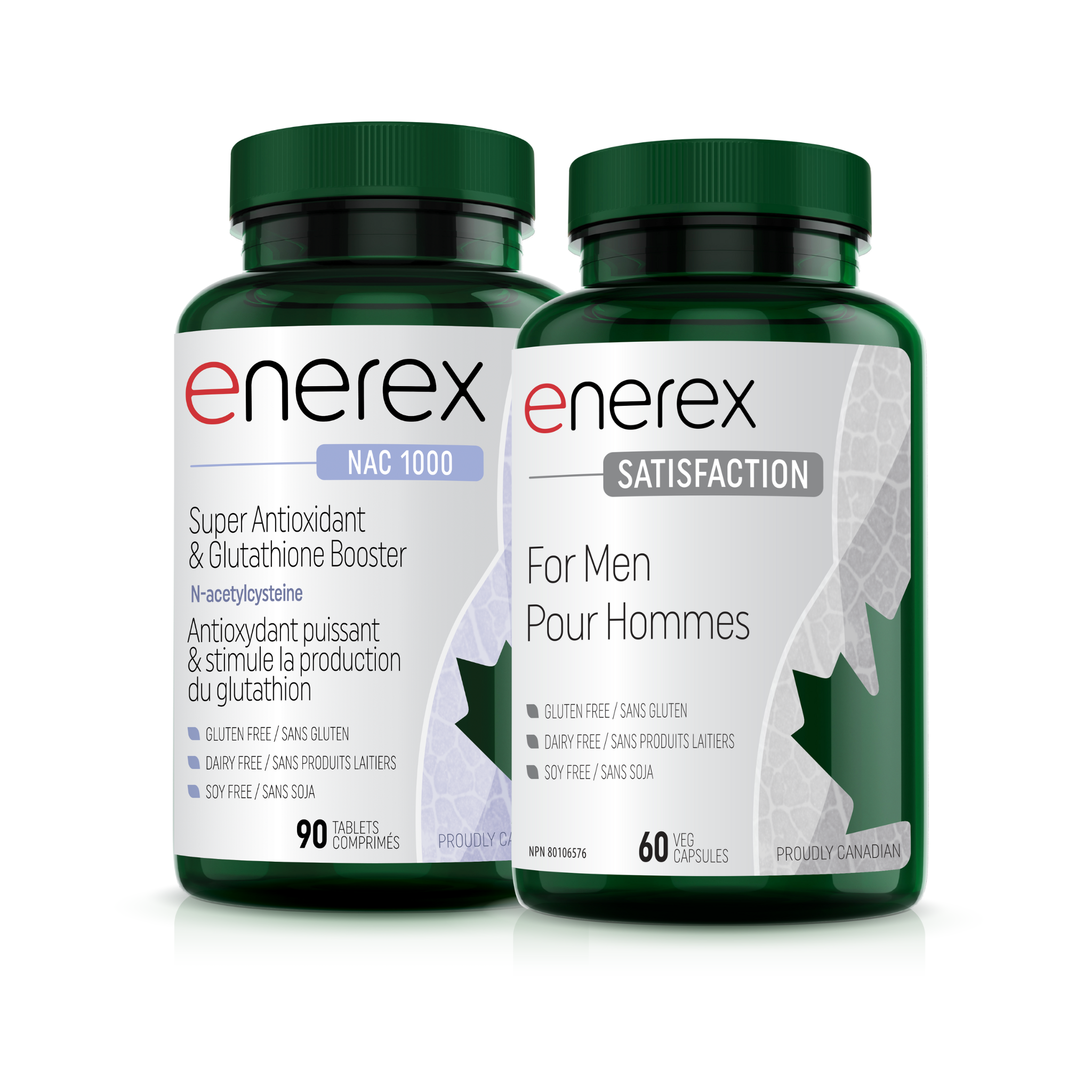
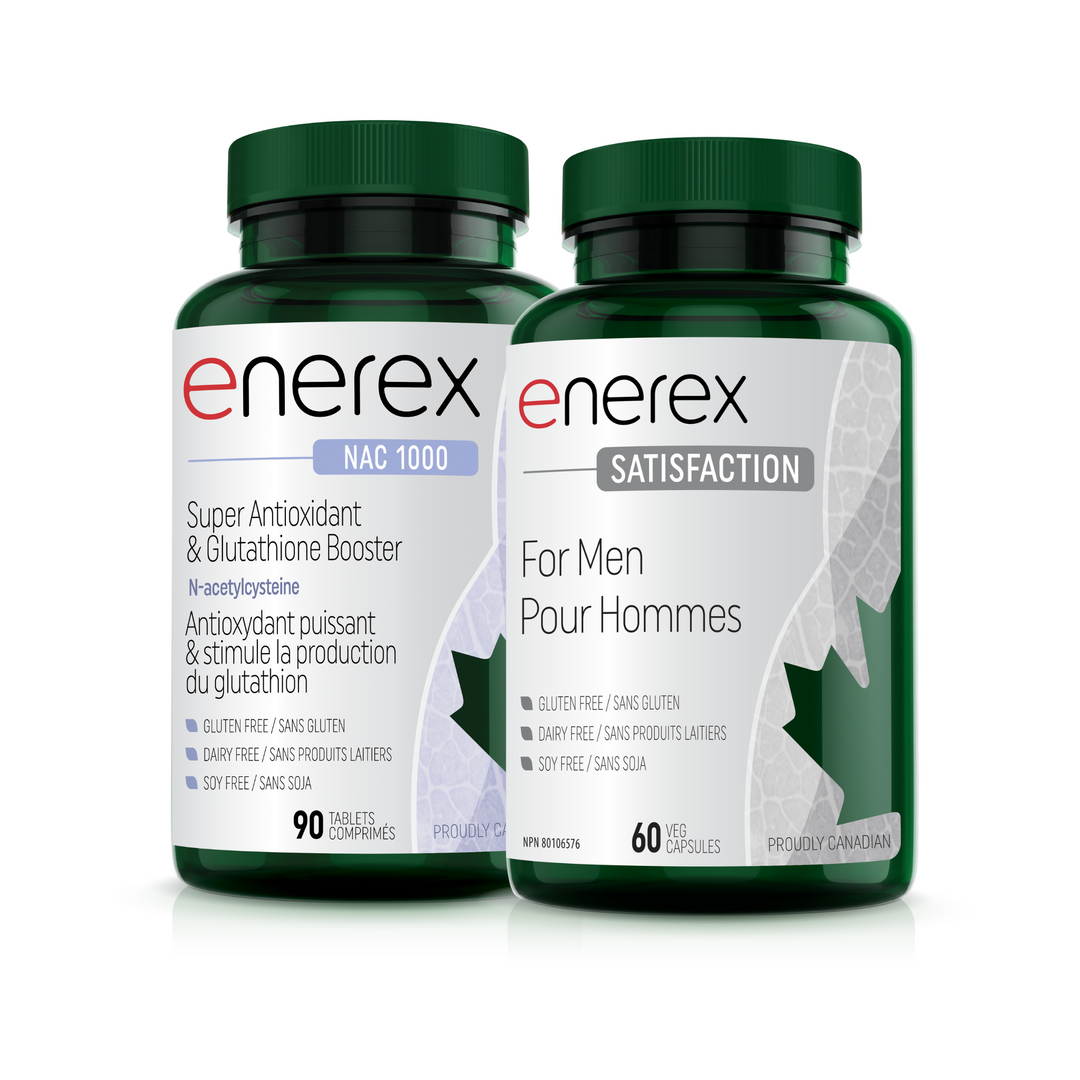
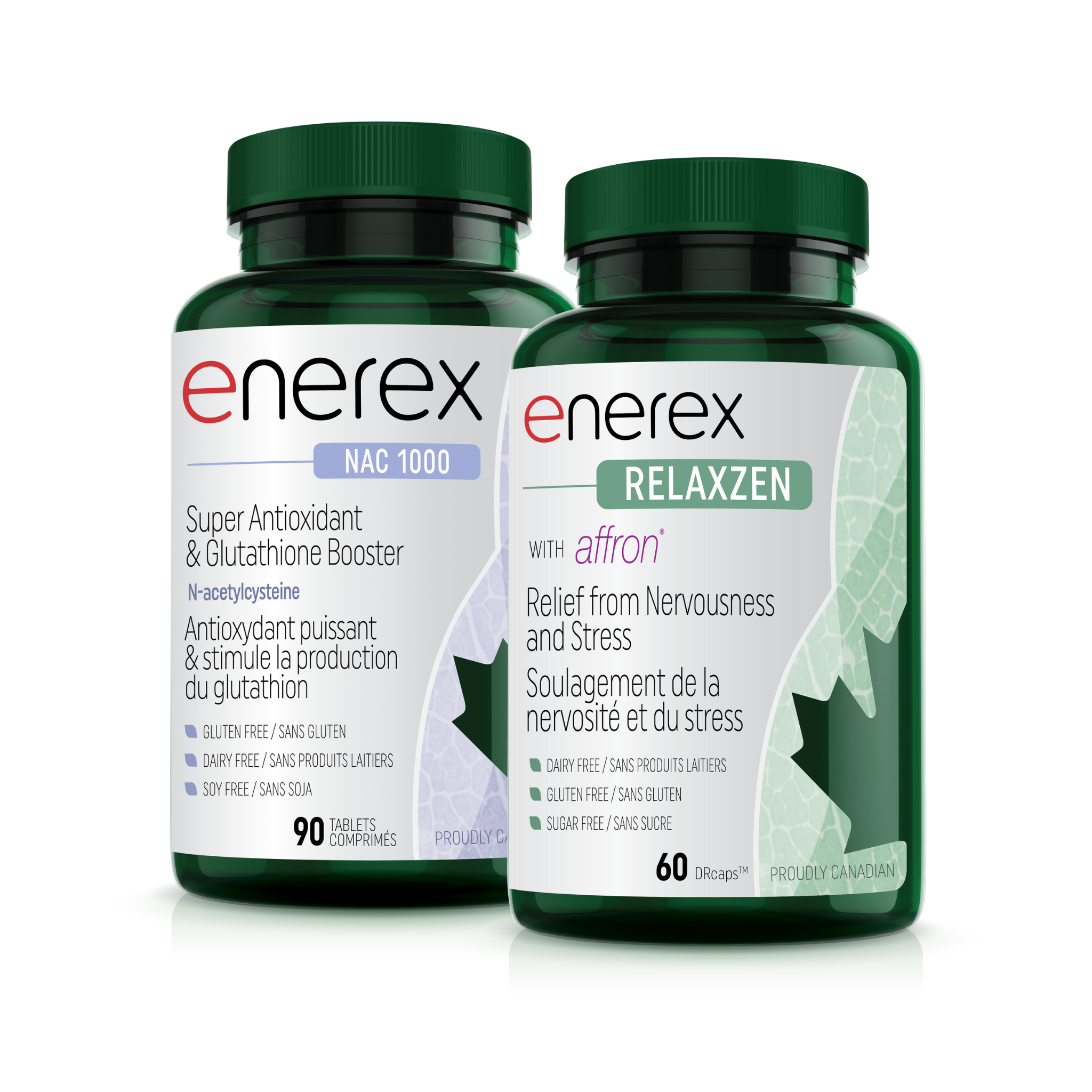
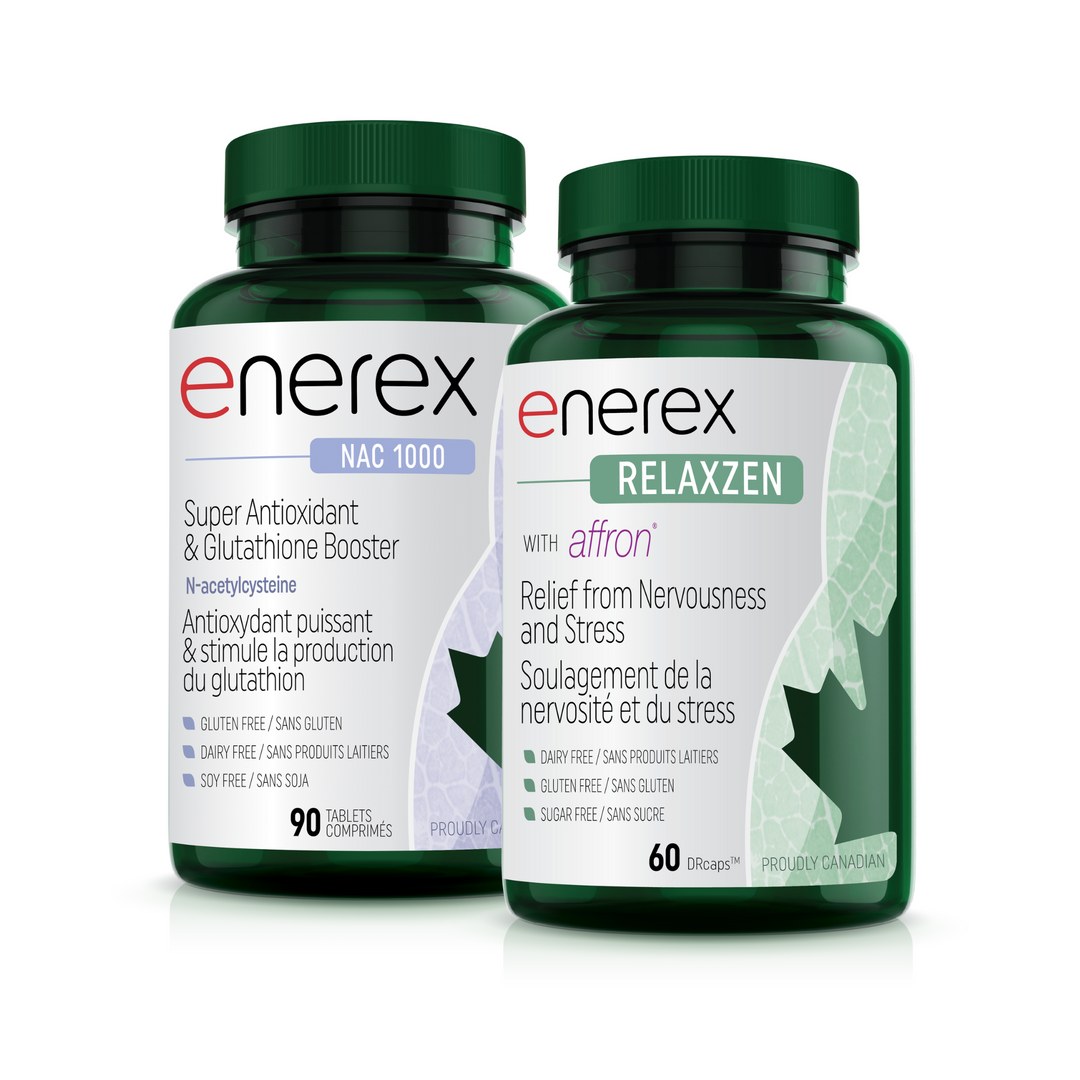
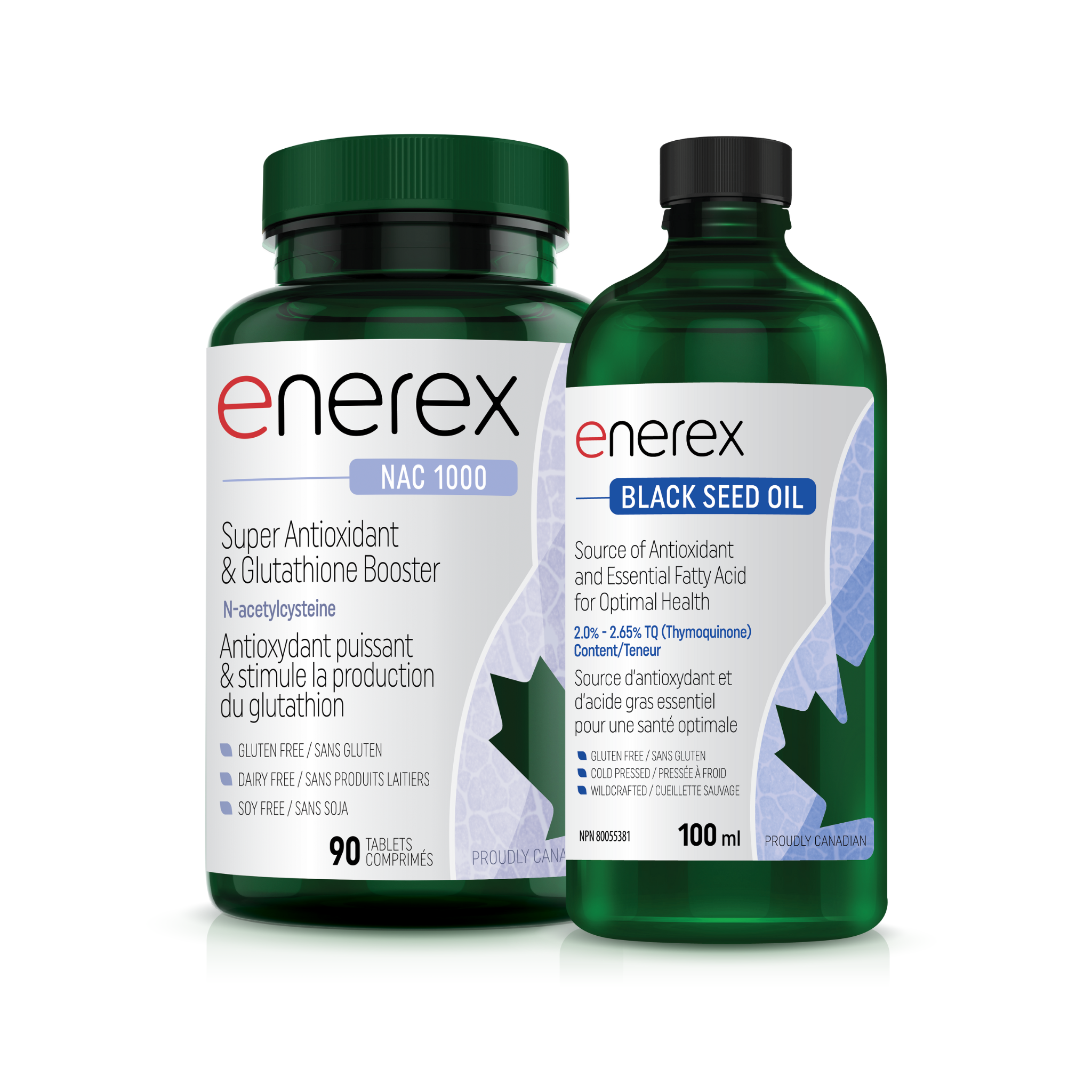
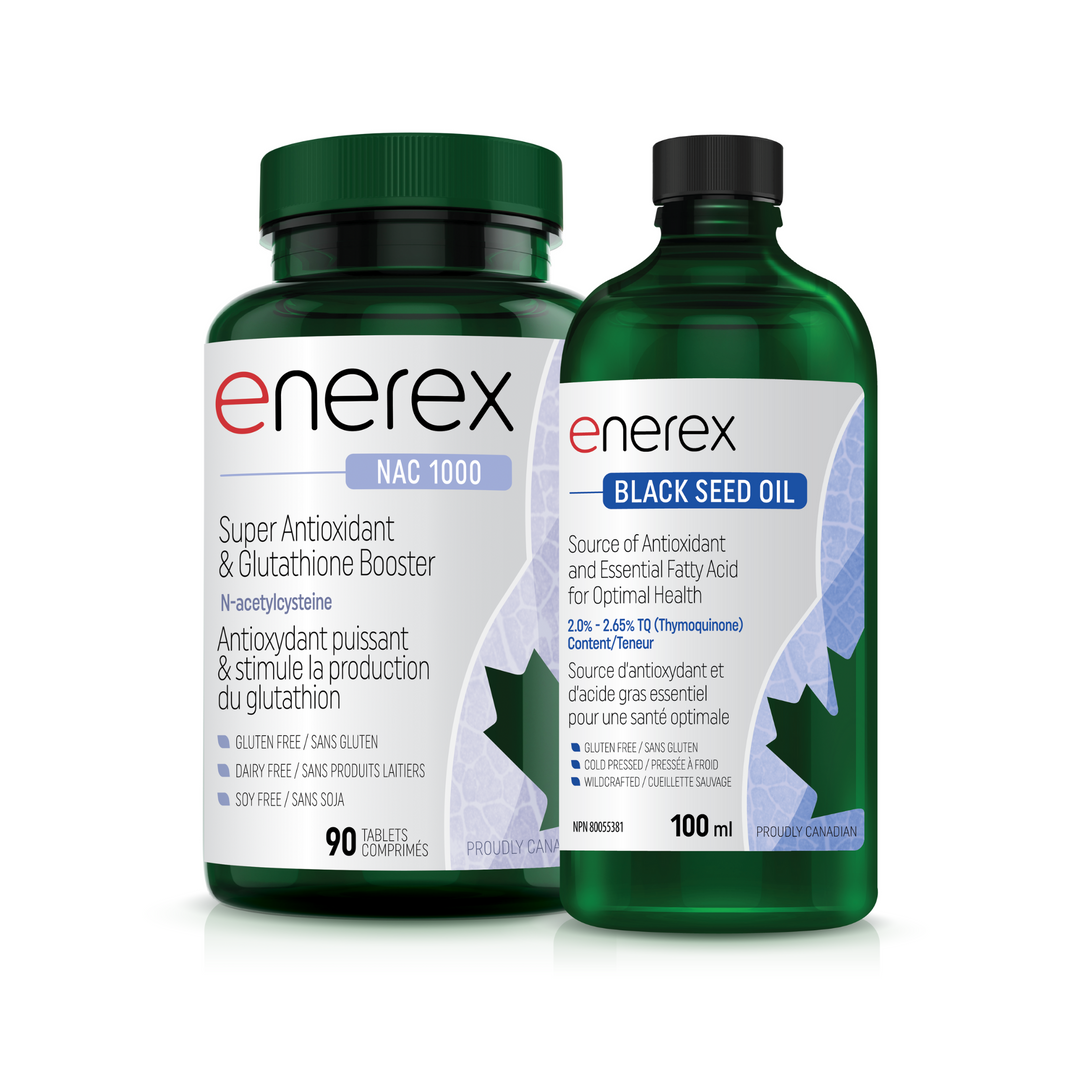
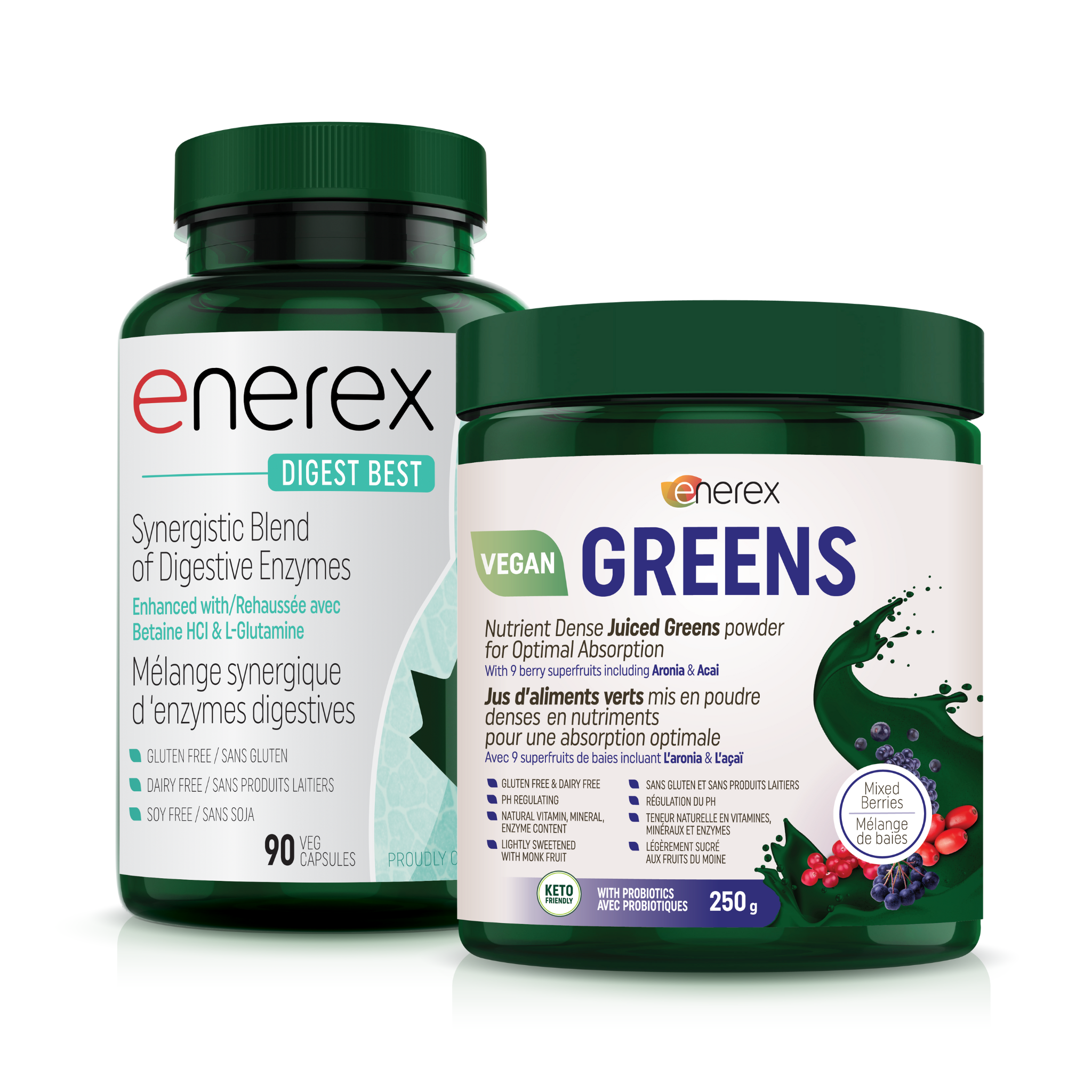
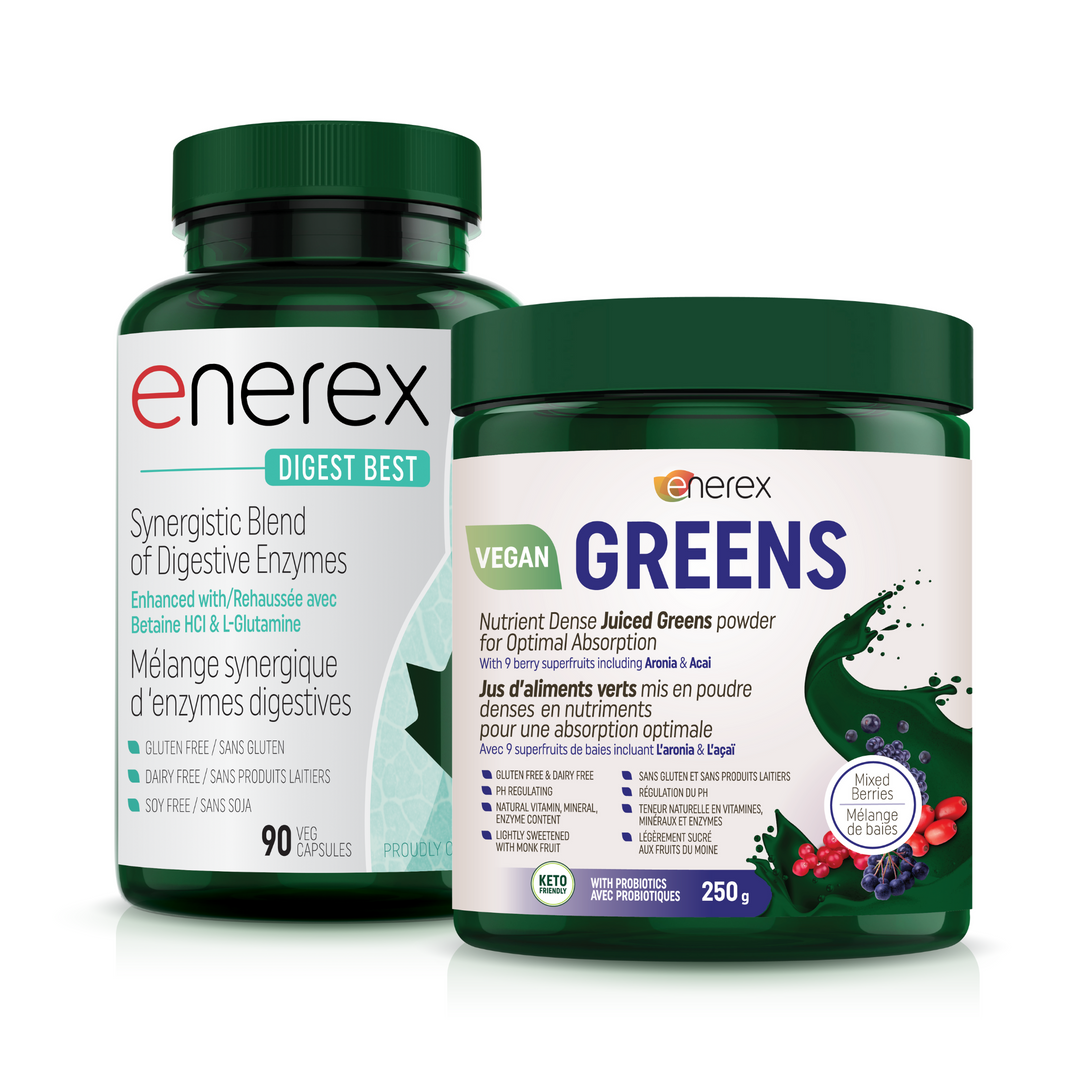
Leave a comment